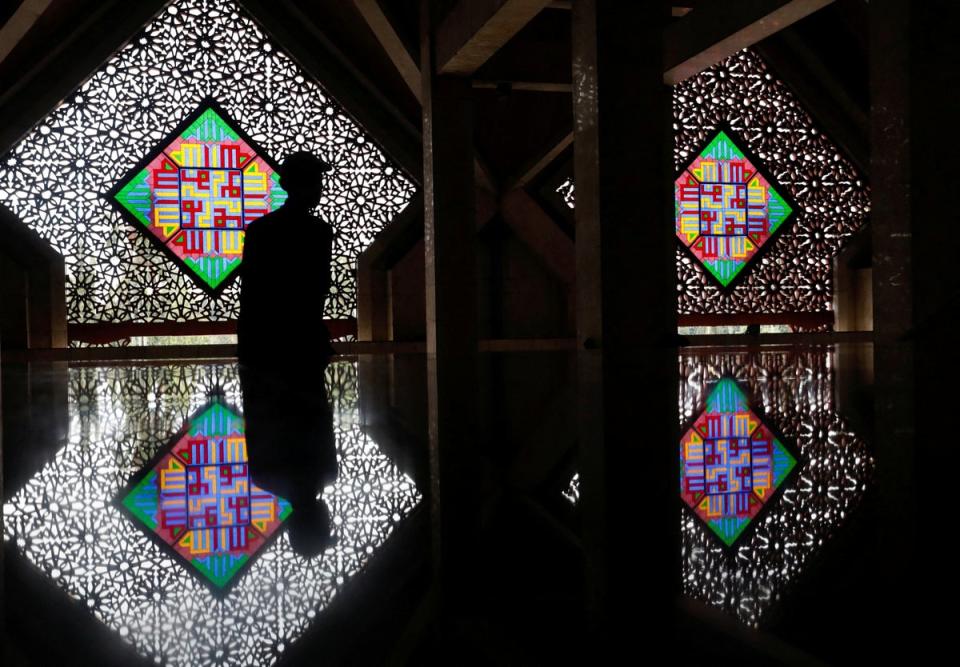When is Laylat al-Qadr, the night of power, and why is it important?

Laylat al-Qadr is the holiest night in Islam. Ramadan is held during the ninth month of the Islamic calendar and is a time for spiritual reflection, acts of charity, and spending time with loved ones.
This year, Ramadan began in the UK on the evening of March 11, and is expected to conclude on April 9.
Ramadan remembers the month the Quran was first revealed to the Prophet Muhammad.
This night is known as the Laylat al-Qadr (“The Night of Power”).
Here’s what you need to know about Laylat al-Qadr.
What is Laylat al-Qadr?
Laylat al-Qadr is one of the most sacred nights in the Islamic calendar.
It takes place in the last 10 days of Ramadan and was the night in which the Quran was revealed to the Prophet Muhammed.
What night is Laylat al-Qadr?
This night falls within Ramadan’s final 10 days and, although the exact date is unidentified, it is commonly thought of as the Holy month’s 27th day. This year it is expected to fall on April 6.
It’s a night of great commemoration and devotion to Allah. The Night of Power is no longer or shorter than any other night; however, during Ramadan, many Muslims prefer to sacrifice sleep on this Holy day in order to worship and pray to Allah.
It is believed that giving up sleep for Allah to pray and undertake good deeds will result in all prior sins being pardoned.
When you complete good deeds on Laylat al-Qadr, your fasting is increased in reward.
On this night, a single act of kindness gives the blessings of 1,000 months.
How is the Night of Power observed?
Muslims around the world are encouraged to observe The Night of Power by making extra Ibaadah (worship).
This could include acts such as giving Zakat (alms giving) and Sadaqah (voluntary charity), praying Nafl prayers (voluntary prayers), and Dua (invocation prayers).
In some cases, communities may encourage each other to gather together at the Mosque in the last 10 nights to pray or fundraise Sadaqah in the hope of earning extra rewards.
Laylat al-Qadr may be observed at home in solitude, in Itikaf (devotion to Ibaadah inside a mosque for the last 10 nights), or in a visit to a mosque.
However, there is no prescribed way to observe The Night of Power.
What is the dua in Laylat al-Qadr?
The dua is a profound act of worship, asking for help from God.
Here is the dua to recite on the Night of Power.
Dua: “Allahumma innaka Afuwwun [Karimun ] tuhibbul `afwa fa`fu `annee.”
(“O Allah, indeed you are pardoning and generous; you love to pardon, so pardon us.”)
According to Laylat al-Qadr, anyone who sincerely prays to Allah during the night of Laylatul Qadr is forgiven by God for his/her past sins.

 Yahoo Sport
Yahoo Sport 





































